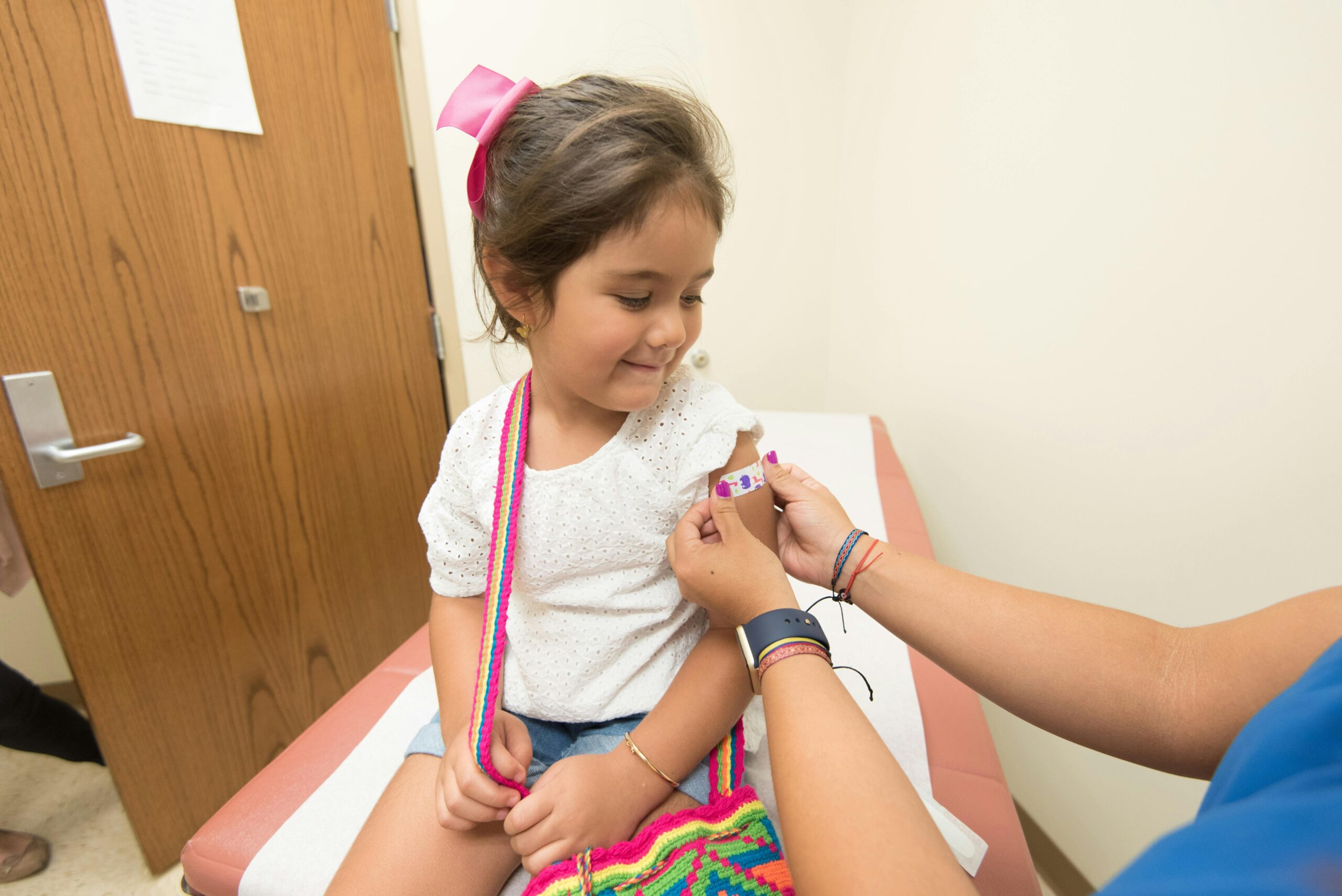
As flu season approaches, many people wonder when the best time is to get their flu shot. According to healthcare experts, timing your flu vaccination correctly can make a significant difference in its effectiveness. Here’s what you need to know to stay protected throughout the flu season.
When is the Optimal Time to Get a Flu Shot?
The Centers for Disease Control and Prevention (CDC) recommend getting your flu shot in early fall, ideally by the end of October. This timing allows your body to build up immunity before the flu season peaks, which usually occurs between December and February. However, getting vaccinated later in the season can still provide protection, especially if the flu virus is still circulating in your area.
Why Early Fall?
Flu vaccines are updated each year to match the most common strains of the virus. By getting vaccinated in early fall, you give your immune system enough time to respond to the vaccine and build the necessary antibodies to fight off the flu. This early protection is crucial as flu viruses tend to spread rapidly once the season begins.
Who Should Get a Flu Shot?
The flu shot is recommended for everyone over the age of six months, especially those at higher risk of complications, such as young children, pregnant women, older adults, and individuals with chronic health conditions. If you fall into one of these categories, it’s particularly important to get vaccinated as soon as possible.


